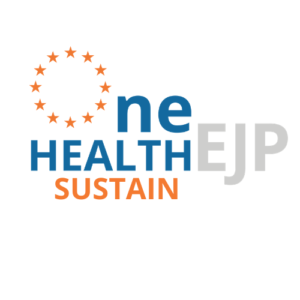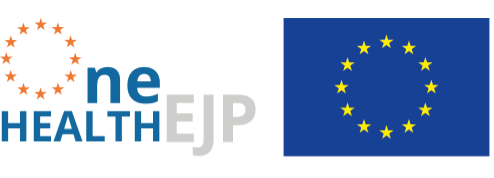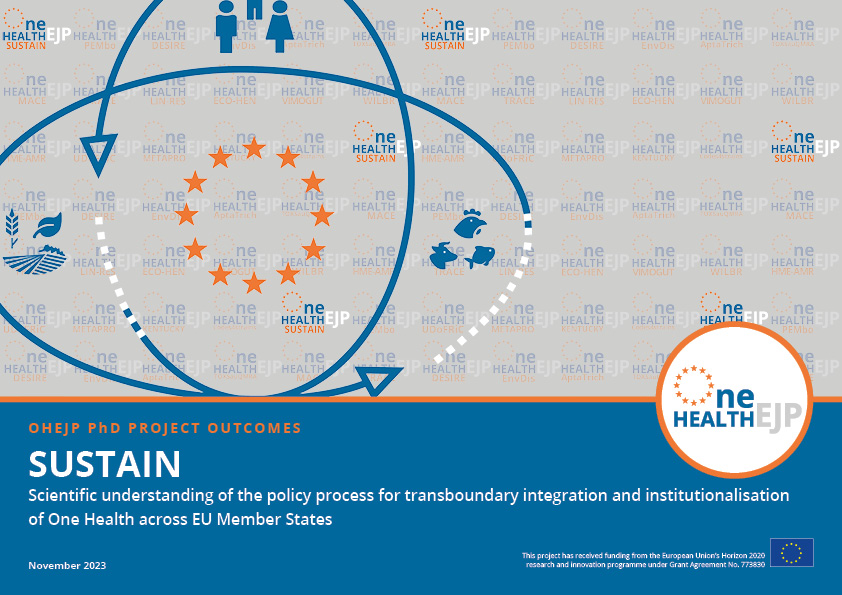Universitetsvej 1, Maglehøjgård, Region Sjælland, Denmark
Uppsala, Uppsala län, Sweden

The Project #SUSTAIN
| Start: | August 2019 |
| Duration: | 3 Years |
| Domain: | Social Sciences and Sustainability |
| Members: | SVA- Sweden, Roskilde University-Denmark |
| Contact: | Olivier Rubin (Roskilde University) & Ann Lindberg (SVA) |
SUSTAIN: Scientific understanding of the policy process for transboundary integration and institutionalisation of One Health across EU Member States
The One Health approach is a concept that is gaining popularity. But how is it used in practice within public health, veterinary and environment institutes? This PhD project lies in the fields of social science and public health. It aims to understand drivers and constraints for institutionalisation of the One Health approach across Europe. The research draws on experiences and expertise of scientists and policy actors from European public health, veterinary, food and environment institutes, as well as key organisations, for example the European Food Safety Authority, the World Health Organization, and the Food and Agriculture Organization of the United Nations.
A survey was conducted to comprehend One Health knowledge translation within European institutional and political networks. It demonstrated a need to facilitate knowledge translation across sectors. For this, leaders must be employed who enable cross-sector coordination, establish networks and communicate clear One Health targets. The latter will aid in translating knowledge across sectors and hereby bridge between the public health, veterinary and environment sectors.
To investigate the One Health approach on national level, two case studies in Sweden and Italy were performed. Swedish and Italian experts of public health, veterinary, food and environment institutes were interviewed. This allowed insight into the operationalisation of One Health within government institutes, as well as their coordination and collaboration practices across institutes. Institutional One Health strategies can facilitate collaboration. Essential for putting One Health on the agenda of institutes is to raise political attention. Policy entrepreneurs are actors who have specialised cross-sector knowledge and who can communicate issues to policy makers. They are crucial actors who can push the notion of the One Health approach onto the political agenda. Additionally, the institutional structures must be taken into account. Too fragmented government agencies can challenge cross-sector collaboration.
The survey and interview studies also gave insight into two One Health topics: Antimicrobial resistance and the environment. Antimicrobial resistance is a threat to public health as it decreases the ability to fight microbes such as bacteria, viruses, fungi etc. with conventional treatment methods (e.g. antibiotics). It is a One Health topic as it affects human and animal health, by providing a challenge for medical treatments. It also affects the environment directly (for example in horticulture), and indirectly by facilitating the spread of antimicrobials. Due to the complexity, it is crucial that actors within different institutes and industries work together in combating the issue via AMR stewardship programmes and cross-sector networks. Encouraging the development of National Action Plans for antimicrobial resistance can further help to assess the situation and tackle the challenges.
The environment is a sector that is often neglected within the One Health approach. It is however a crucial part of the approach, as the environment can be a pathway, host or barrier for diseases. On national levels, the different ways of working (e.g. methodological or analytical approaches) can hinder collaboration and communication. There is often a lack of knowledge on who to contact and generally about the One Health approach (due to other existing concepts such as Biodiversity or EcoHealth). Mandating the connection of environmental experts and institutes can facilitate collaboration. However, initiative and knowledge translation across sectors is essential.
The results of this research will inform operationalisation of the One Health approach within institutes. It can provide insight into challenges but also opportunities that can be used to facilitate One Health institutionalisation, create networks, and bridge disciplinary silos.
The Project Impact Brochure is available on Zenodo.
Project Assets
“One Health knowledge translation among European scientists and policy actors” Poster presentation at ONE – Health, Environment, Society Conference 2022, Brussels, Belgium. 21-24th June 2022. DOI: https://doi.org/10.5281/zenodo.7611420
“Knowledge translation challenges of the One Health approach in Europe” Poster presentation at One Health EJP Annual Scientific Meeting 2022, Orvieto, Italy. 11-13th April 2022. DOI: https://doi.org/10.5281/zenodo.7611595
Oral presentation at the One Health Sweden meeting 2022, Uppsala, Sweden. 30th March 2022.
Oral presentation at the Grasp Festival 2021, Panel 1: Leadership, collaborative governance and public-private partnerships, Roskilde, Denmark. 18th November 2021
Oral presentation at the One Health EJP Annual Scientific Meeting 2020, Copenhagen, Denmark. 10th June 2021.
Humboldt-Dachroeden, S., Rubin, O., & Frid-Nielsen, S. S.. (2020). “The state of One Health research across disciplines and sectors –a bibliometric analysis” Poster presentation at One Health EJP Annual Scientific Meeting 2020, online. 27-29th May 2020. DOI: https://zenodo.org/record/7611129
Humboldt-Dachroeden, S. (2023). Translating One Health knowledge across different institutional and political contexts in Europe. One Health Outlook. 5, 1 . DOI: https://doi.org/10.1186/s42522-022-00074-x
Humboldt-Dachroeden, S. (2022). A governance and coordination perspective – Sweden’s and Italy’s approaches to implementing One Health. SSM – Qualitative Research in Health. 2, 100198. DOI: https://doi.org/10.1016/j.ssmqr.2022.100198
Munkholm, L., Rubin, O., Bækkeskov, E., & Humboldt-Dachroeden, S. (2021). Attention to the Tripartite’s one health measures in national action plans on antimicrobial resistance. Journal of public health policy. 42(2), 236–248. DOI: https://doi.org/10.1057/s41271-021-00277-y
Humboldt-Dachroeden, S. (2021). 12-Month PhD Report SUSTAIN. DOI: https://doi.org/10.5281/zenodo.6364821
Humboldt-Dachroeden, S. (2021). One Health practices across key agencies in Sweden – Uncovering barriers to cooperation, communication and coordination. Scandinavian Journal of Public Health, pp 1-7. DOI: https://doi.org/10.1177/14034948211024483
Humboldt-Dachroeden, S., Mantovani, A. (2021). Assessing Environmental Factors within the One Health Approach. Medicina. 57(3), 240. DOI: https://doi.org/10.3390/medicina57030240
Humboldt-Dachroeden, S., Olivier, R., Frid-Nielsen, SS. (2020). The state of One Health research across disciplines and sectors – a bibliometric analysis. One Health, 10, 100146. DOI: 10.1016/j.onehlt.2020.100146




